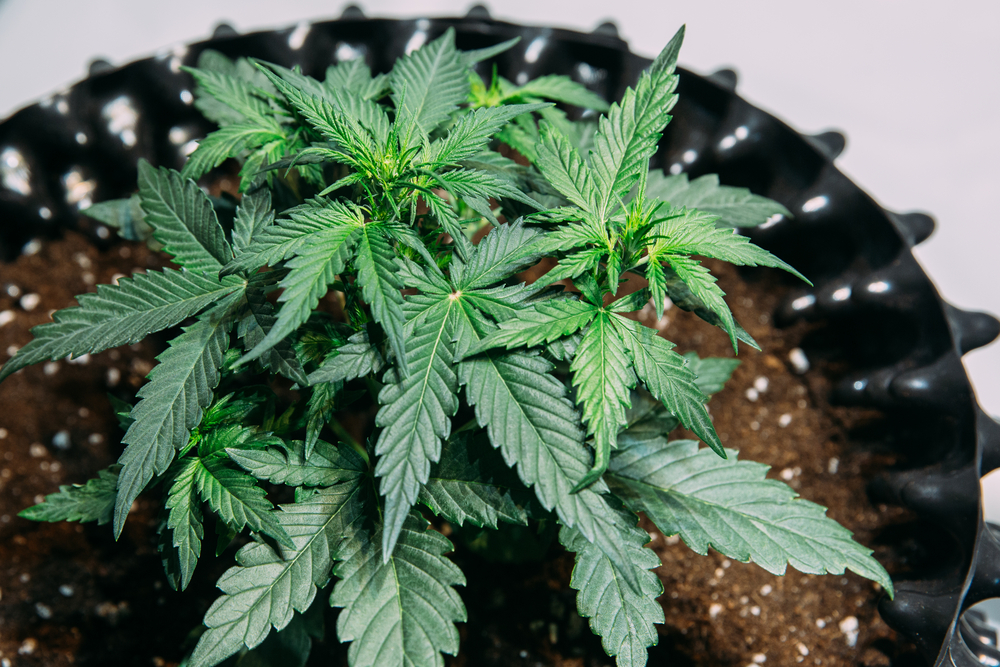By Nate Bell
It is now legal in New York for adults 21 and older to own three ounces of cannabis for personal use. While adults may smoke or vape cannabis wherever smoking tobacco is allowed under the law, it is not allowed in motor vehicles (even if they are parked) or in outdoor dining areas. It is also illegal for people younger than 21 years of age to possess, sell, or use cannabis, or for anyone to possess more than three ounces of cannabis, sell any amount without a license, or drive while under its influence.
Since 2014, medical cannabis has been legal for New Yorkers who have a certification from a specially licensed medical provider for certain medical conditions. However, the law now expands cannabis’ eligibility, increases the number of caregivers allowed per patient, allows patients to possess up to a 60-day supply (up from 30), and for a whole cannabis flower to be purchased in medical marijuana dispensaries. Patients certified for medical marijuana will soon be allowed to grow up to six plants inside their homes.
Researching marijuana’s health effects has been difficult since it is prohibited under federal law. However, some studies have shown strong evidence of its benefits for chronic pain, chemotherapy-induced nausea, and muscle spasticity associated with Multiple Sclerosis.
Studies also show that some people using marijuana experience unwanted reactions, often due to lack of experience or from taking more than intended. These reactions go away after they wear off, but can still cause severe discomfort, including panic and anxiety, rapid heart rate, impaired reactions, distorted perceptions, severe vomiting, and respiratory problems from smoking.
“In some cases, reactions are so severe, they prompt people to seek medical care. Our healthcare workers are still dealing with the COVID-19 pandemic. The last thing we want is for them to be dealing with an increase in cannabis-related emergency room visits,” says local pharmacist, researcher, and publisher Geoff Brown.
Research also shows links between cannabis and low birth weight in newborns whose mothers smoke cannabis during pregnancy; higher risk of motor vehicle crashes due to driving while impaired; and earlier onset of psychotic disorders, particularly in people who start using cannabis before age 17, and who use it daily. Smoking and vaping cannabis has also been associated with a number of respiratory and lung-related injuries.
“When it comes to cannabis use, as with any drug, safety is essential, making it important to start with a low dose, and proceed with caution when trying it for the first time. Also, don’t drive or mix it with other drugs or alcohol,” says Brown.
It is important to consult your health care provider about how cannabis use may affect other health issues you may be experiencing, to be wary of synthetic cannabinoids, and to keep cannabis out of reach of minors at all times. To learn more about growing medical cannabis at home, obtaining a New York State medical cannabis card, and more, call 716-458-5046, or visit www.plantitexpressny.com, where you can also arrange for a free home consultation.
Nate Bell is the owner and founder of www.PlantItExpress.com.












